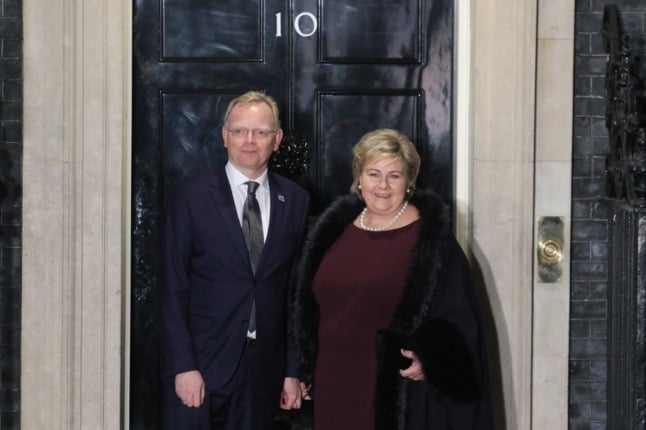In seasonally adjusted terms, Germany exported goods worth a total of €92.8 billion in May, down 1.1 percent from the figure for April, the federal statistics office Destatis said in a statement.
The statistics agency said May bank holidays and a poor performance by the construction sector were behind the fall. But it added that "geopolitical factors" may also have had an effect.



 Please whitelist us to continue reading.
Please whitelist us to continue reading.
Member comments